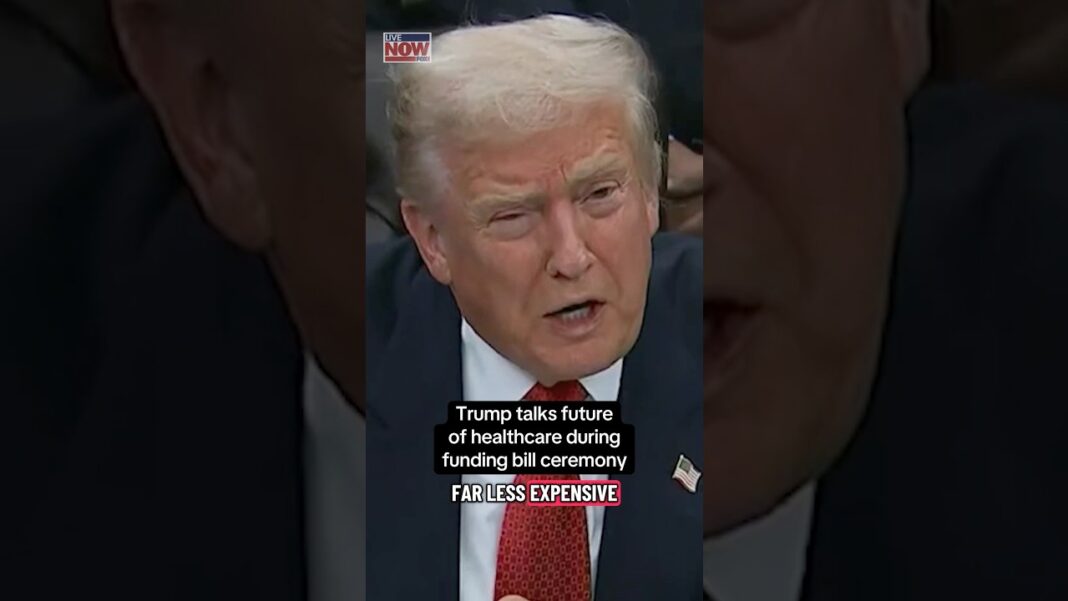President Donald Trump’s potential meeting with New York Mayor-elect Zohran Mamdani represents an intriguing moment in American politics, one that could yield real benefits for New York and the nation, provided both parties approach it with pragmatism rather than rigid ideology.
The Case for Engagement
Trump’s willingness to engage across political divides demonstrates the kind of transactional pragmatism that has defined his political career. If the President can work with Mamdani on areas of common ground such as infrastructure investment in Queens, addressing constituent concerns about public safety, or navigating New York’s complex regulatory environment, then working-class New Yorkers stand to benefit.
New Yorkers need results, not rhetoric. A productive relationship between federal and state leadership could unlock resources for transportation improvements, small business support, and housing development that have been stalled by partisan gridlock.
For Trump, building bridges with state legislators in blue states shows a governing philosophy focused on dealmaking rather than partisan warfare. It demonstrates that America First means all Americans, even those in districts that didn’t vote for him. This kind of pragmatic outreach could help the administration achieve legislative victories that benefit everyday Americans regardless of their political affiliation.
The Necessary Warning
However, any engagement must come with clear eyes about Mamdani’s political positioning. As a member of the Democratic Socialists of America, Mamdani has advocated for policies that would fundamentally reshape American capitalism in ways that could harm the very people they’re intended to help.
His support for extensive rent control measures, while popular, risks reducing housing supply precisely when New York needs more construction. His advocacy for massive public sector expansion will burden taxpayers and small businesses already struggling with New York’s high costs. And his policy positions on defunding or dramatically restructuring law enforcement will undermine the public safety gains that have made New York livable again after the crime surge of recent years.
These aren’t merely theoretical concerns. Cities and states that have implemented similar progressive policies have often seen disastrous consequences: businesses fleeing high-tax environments, housing shortages worsening under strict rent controls, and public safety deteriorating when police departments are hamstrung.
In addition, Hassaan Chaudhary, a leading figure in Mamdani’s transition effort, is facing intense criticism after social media posts from over a decade ago resurfaced, revealing deeply offensive remarks about Jews, Israel, and the LGBT community.
The posts date back to when Chaudhary was a teenager. In them, he used derogatory language referencing Jews, including employing “Jew” as a slur, and lauded Iranian President Mahmoud Ahmadinejad, who once referred to Israel as a malignancy. Chaudhary referred to Ahmadinejad as “fearless” while reposting the Iranian leader’s hostile statements about Israel.
Several of Chaudhary’s posts targeted Israel directly, labeling the Jewish state a “barbaric nation” and “bloody country,” while accusing it of perpetrating violence against Palestinians. He criticized media silence, writing that Israel was responsible for killing innocent people, and challenged coverage norms with hashtags like “#stupid media.”
In December 2024, he reshared a provocative post on X regarding Pennsylvania Governor Josh Shapiro, suggesting the governor, who is Jewish, would condone violence against Palestinians.
These types of issues will need to be resolved before anyone can move forward with confidence that Mamdani will not tolerate intolerance.
The Path Forward
The key is selective cooperation. Trump should engage with Mamdani on projects where their interests align, including constituent services, specific infrastructure needs, cutting federal red tape that hurts New Yorkers. But the President must also make clear that radical economic restructuring isn’t on the table.
This requires Trump to do what he does best: negotiate from strength while keeping channels of communication open. Work together where possible, draw clear lines where necessary, and always keep the focus on delivering tangible results for American workers and families.
A functional relationship between Trump and Mamdani could model a new kind of federalism, one where leaders put problem-solving ahead of ideological purity. But it must be grounded in practical reality, not wishful thinking about socialist economics that have failed wherever they’ve been tried at scale.
The meeting, if it happens, should be welcomed. The outcomes should be judged on results, not rhetoric. And Americans should hope that both leaders remember they’re accountable to constituents who need jobs, safe neighborhoods, and affordable living, not ideological victories that look good on social media but fail in practice.







